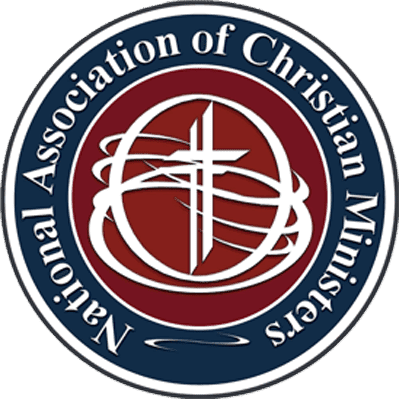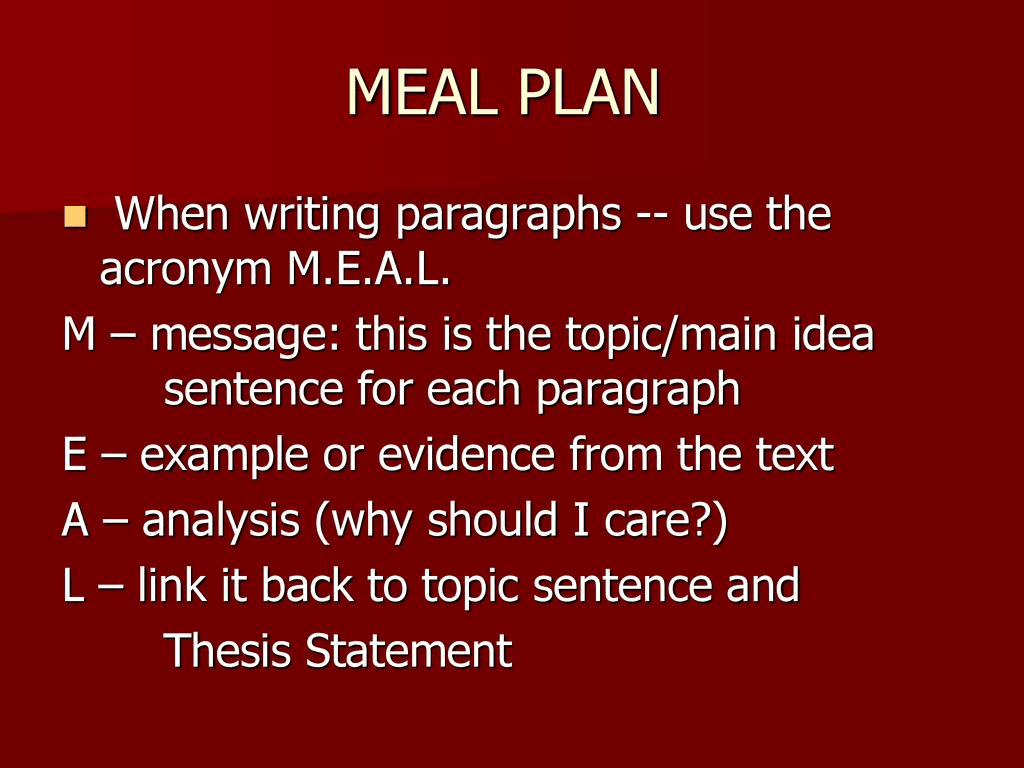 #
#
National Association of Christian Ministers How to Series: Ministry #
By Michael Mooney, NACM Exec. Elder

In this posting we will discover:
1) How to organize ideas for practice
2) How to reduce ideas to practical terms that everyday people can understand
3) How to work together in a team
The Subject
We are preparing to be practitioners. The word practice is defined as “the actual application or use of an idea, belief, or method as opposed to theories about such application or use” (dictionary.com). To practice something implies that it begins with fundamental ideas. Something cannot be practiced unless it begins in some form of organized ideas. For example, consider learning to ride a bicycle. It begins with the organization of materials that form what we identify as a “bicycle.” Generally, this is described as a frame of metal with at least two wheels, and a handlebar. Then there is the organization of ideas about how to ride one. Under normal conditions, riders tend to use two legs, and two arms. Probably the most important element of riding is balance. Some people are capable of riding without two arms, or two legs, or even two wheels. Some do this as a talent and others do it because they are disabled. However, no one can ride a bicycle without balance.
What you have seen above is two very important things.
1) The concept of organizing ideas is vital to practice of anything.
2) Ideas are best communicated in terms of previous experiences.
Make Note
In the above information, the appeal is made that organizing ideas is the beginning of practice.
The appeal is made by logic, observation, and a personal experience that most people share. Notice how much sense it makes, and how easy it is to accept.
The main point here is that ministers need foundational ideas to practice ministry. Also we need to be able to frame those ideas in terms with which people can relate. Neither of these goals can be accomplished without organizing information.
A Method
We have good news, there is an easy way practice this.
Just remember the word MEAL:
Main Idea,
Evidence,
Appeal,
Link.
Application
Let’s apply this to our previous discussion:
Main Idea
The main idea is that information must be organized in order to practice it.
Evidence
-
-
- The evidence is in logic and personal observation. The logic is that practice requires organized ideas. The idea of practice at random seems absurd because it is contrary to the very definition of the word.
-
- While personal observation is not necessarily the best “proof”, it is still noteworthy. Observation has more weight when it is the testimony of someone other than the writer, but even then it is not usually without “opinion.” For this reason, the above story is best evidenced by its appeal to logic and observation is noteworthy because “most” people would not disagree with the observations –such as the fact that balance is necessary to ride bicycles.
-
Analysis/Appeal
The appeal is the implication that practitioners need to organize their ideas, then practice them to observe their results.
Link
The link is the way that the idea of “organizing” was linked to “bicycle riding”. The link is usually the way in which the main idea is framed in terms of everyday life.
Reflection to Practice as a Team
Now it is your turn to act as a team. Using the method of MEAL (main idea, evidence, appeal, link), consider the topic of the practice of Bible study. As a team, use the MEAL approach to organize information about Bible study. Try to work together to produce a big result. Here are a few ground rules to make sure that everyone has the same expectations:
1) First and most importantly, remember that this should be challenging, but fun. This is a project designed to help us learn to work together. I think the Lord is most pleased when His people enjoy one another in ministry.
2) Please make note that I may participate in this effort, but I will not be leading it. No leader has been appointed for this project. This is a deliberate test of what type of leaders we all are.
3) Remember that ministers have a secret weapon against the decoys of demons. The surprise attack is the belief that “The parts of the body that we think are weaker are the ones we really need” (1Co 12:22). As we work on this project, be sure to give the Holy Spirit an opportunity to honor His Word with this principal.
4) Perfection is not important for this project. In fact a few mistakes are ideal so that we may learn from them. Try not to stifle creativity with perfectionism. God may have called for our lives to be morally perfect, but He never said that we could not make human errors.
Here is an outline of the steps:
A) We need to define the main idea
B) We need to gather evidence about that idea
C) We need to perform an analysis of the evidence and form an appeal to use the evidence in practice
D) Lastly, we need to link the findings to everyday life and in practical terms




